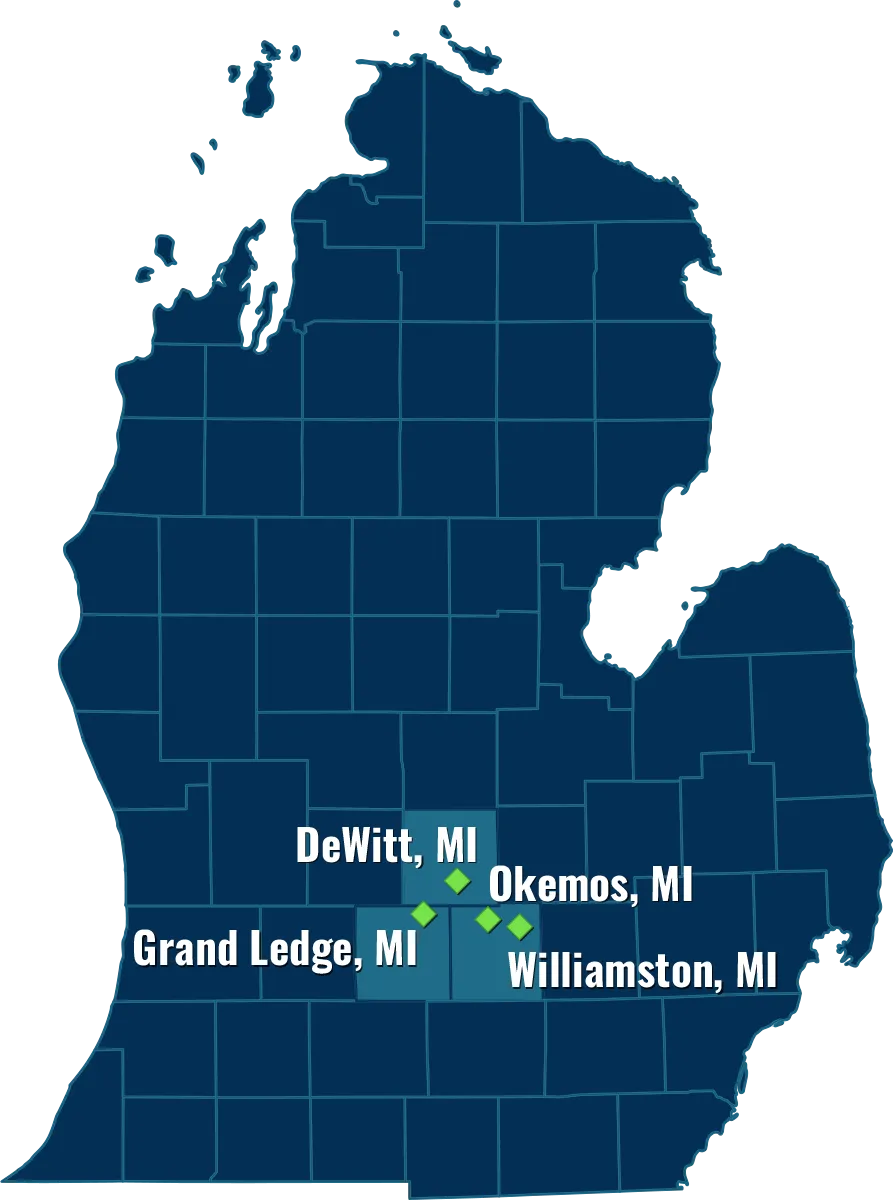Current client? Reach out to us and get directions:
Current client? Reach out to us and get directions:

Are you or someone you care about suddenly in need of long-term nursing home care? When an individual requires such care but hasn't previously arranged their assets to qualify for Medicaid, Medicaid Crisis Planning becomes necessary. Even with advanced planning, an experienced Medicaid Crisis Attorney can protect a portion of the family's assets and help the person become eligible for Medicaid benefits.
If you or a loved one is facing this situation, please contact our office immediately and inform the receptionist that you require assistance with Medicaid Crisis Planning. We will promptly discuss your situation and explain the available options.
While the Director of Patient Services at the nursing home may offer sympathy, they may lack accurate information regarding your loved one's Medicaid eligibility or how to become eligible. Instead of making hasty decisions such as transferring home ownership or depleting lifelong savings, consult with Medicaid Crisis Planning Attorney Nick Leydorf to learn about available options and the appropriate course of action. Acting without reliable information could jeopardize years of savings.
Most individuals facing the need for long-term care find themselves in a difficult position. If they possess too many assets to qualify for Medicaid and pay for the exorbitant costs of long-term care, they lack sufficient funds to protect their family and spouse from impoverishment. A Medicaid Crisis Planning Attorney utilizes legitimate and ethical legal techniques to help individuals become eligible without losing everything they have worked for throughout their lives.
To qualify for Medicare, individuals must be U.S. citizens or legal residents for at least five years, be 65 years of age or older, or have a disability. Medicare eligibility does not depend on income or assets.
Medicare does not provide coverage for long-term care. It is a program that assists with certain medical expenses, such as hospital care, doctor visits, and prescription drugs. However, it does not cover costs associated with long-term nursing home care or other extended care needs.
Medicaid eligibility criteria vary across states, but all states must provide coverage for specific categories of individuals. These include children, pregnant women, parents and caretakers of dependent children, elderly individuals, and people with disabilities. To be eligible for Medicaid, individuals must also have a low income and few assets. The income and asset limits vary from state to state.
Medicaid is a joint federal and state program that offers healthcare to low-income individuals with limited resources. For middle-class Americans, Medicaid is typically the last resort when they require expensive long-term nursing home care. Nowadays, only the very wealthy can afford to pay for skilled nursing care, which can cost thousands of dollars per month. Relying solely on personal funds would quickly deplete the average person's retirement savings, underscoring the importance of Medicaid planning.
Each state has its own set of requirements, rules, and regulations for Medicaid eligibility. In Michigan, various programs are available to seniors, but it is crucial to understand the appropriate one for your situation. Marital status also factors into Medicaid eligibility, with different programs and asset limits for single and married individuals.
Remember, it is not necessary to exhaust your entire life savings to qualify for Medicaid. A skilled Medicaid Planning attorney understands legally approved strategies to help individuals become eligible while safeguarding their family's assets. These strategies are implemented ethically and strategically to protect both the ill spouse and the well spouse.
If the Medicaid application is completed incorrectly or property and asset ownership are not structured appropriately, the application may be denied. If your Medicaid application has been rejected, contact our office. We can help you with the Medicaid Appeal process to secure the benefits you require.
Each situation is unique, and the most suitable planning method depends on your specific circumstances. It is advisable not to apply for Medicaid without the guidance of an experienced Medicaid Planning Attorney.
Schedule a free consultation with long term care planning attorney Nick Leydorf today.

– Okemos, MI Estate Planning
– DeWitt, MI Estate Planning
– Grand Ledge, MI Estate Planning
– Williamston, MI Estate Planning
